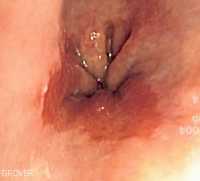Author Interviews, Gastrointestinal Disease, Infections, JAMA, Pediatrics, Vaccine Studies / 07.09.2018
Vaccines Against Rotavirus Gastroenteritis Decreased Infections Even in Unvaccinated Kids
MedicalResearch.com Interview with:
Chuanxi Fu, MD.PhD.
Professor of Epidemiology, School of Public Health
Zhejiang Chinese Medical University
Associate editor, Human Vaccines & Immunotherapeutics
MedicalResearch.com: What is the background for this study? What are the main findings?
Response: Since 2000, the Lanzhou lamb rotavirus vaccine has been exclusively licensed in China for voluntary rotavirus gastroenteritis prevention, however, the effects of the vaccination on population health, including any indirect impact to unvaccinated individuals have not been evaluated.
In the study enrolled 33 407 patients with rotavirus gastroenteritis from 2007 to 2015 seasons in southern China shows vaccination effects in which the median age at onset increased by 4 months, and onset, peak, and cessation of incidence were delayed. The incidence rate ratio among children younger than 4 years and among children ineligible for vaccination decreased as citywide vaccination coverage increased, and the adjusted odds ratio for rotavirus gastroenteritis among unvaccinated infants decreased in areas with higher vaccination coverage. (more…)








